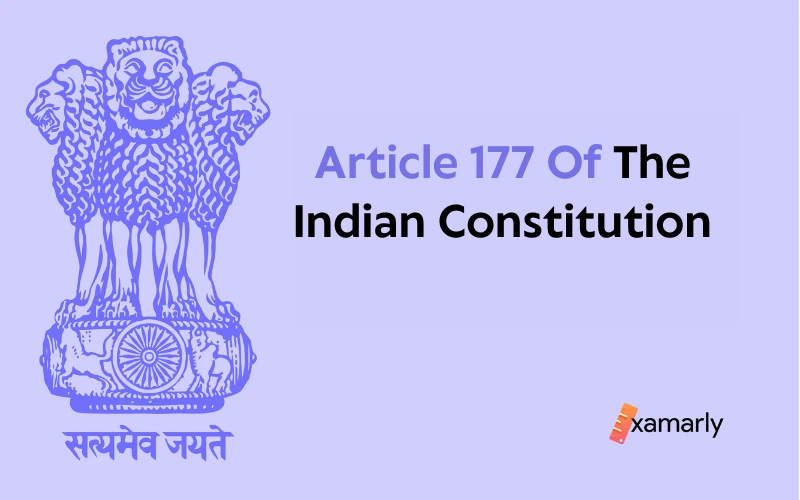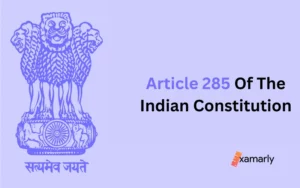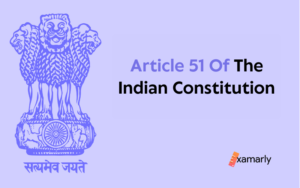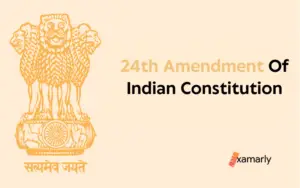What rights and privileges do Ministers and Advocate-General has as regards the Houses?
Article 177 of the Indian Constitution throws light on this.
This writing dives into the provisions of the Article said above in detail to provide a better understanding of what Article 177 is all about.
Provisions Of Article 177 Of The Indian Constitution
In Article 177, the rights of ministers and the advocate general in relation to the houses are discussed.
Every Minister and the Advocate-General for a State is afforded the opportunity to voice their opinions and take part in the deliberations of the Assembly or, in the case of a State having a Legislative Council, both Houses.
Every minister and the Advocate-General for a State has the privilege to express and take part in discussions during any State Legislature Committee meetings to which he may be appointed. On the contrary, he will be denied the right to make a vote.
Conclusion
Article 177 stipulates that every minister and Advocate General of State has the right to put their views forward and can participate in the Assembly’s proceedings and, if necessary, the Council. They are given this authority so that their opinions can be taken into consideration.
Ministers and the advocate general for the State are permitted to address either house or any committee, according to Article 177 of the Constitution, although they are not permitted to cast votes.
For Further Readings:
| Article 176 Of The Indian Constitution | Article 166 Of The Indian Constitution |
| Article 165 Of The Indian Constitution | Article 167 Of The Indian Constitution |
FAQs On Article 177
What Does Indian Constitutional Article 177 Entail?
Ministers and Advocate General of State are entitled to speak or participate in any of the proceedings:
(a) of the Legislative Assembly or the States having Legislative Council
(b) of any committee of the Legislature of which he may be designated a member.
However, by virtue of Article 177 of the Constitution of India, they shall not be entitled to vote.
Does The Advocate General Have The Authority To Cast A Vote In State Legislative Proceedings?
The Advocate General does not have voting rights, but he or she does have the right to be heard in all state courts and to take part in legislative procedures.
What Function Does The Advocate General Serve?
In terms of legal authority, the Advocate General is the highest-ranking official in the state. He is tasked with assisting the state administration on all of its legal matters as a component of his duties. He serves to uphold and safeguard the state government’s best interests at all times.






